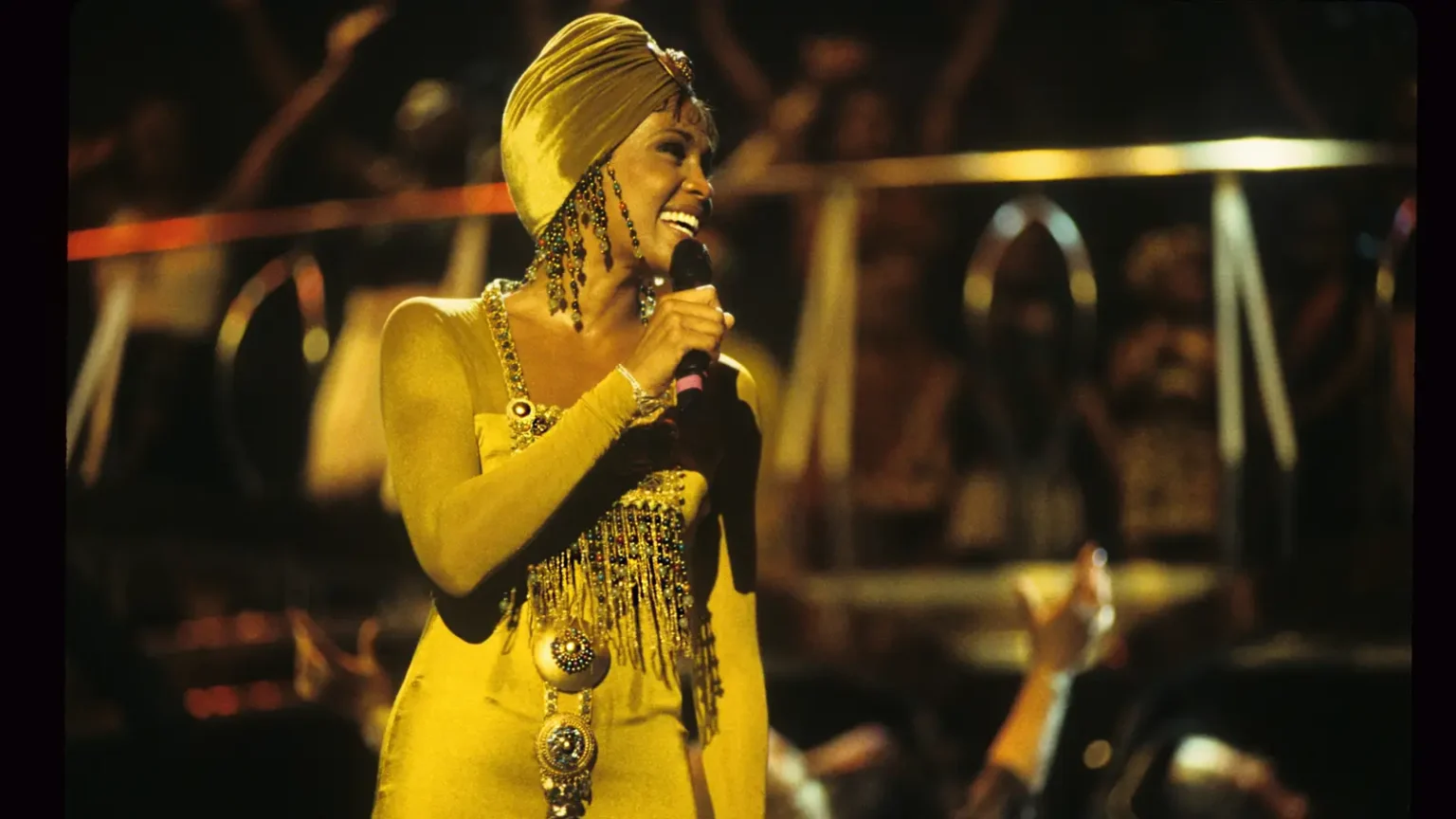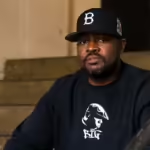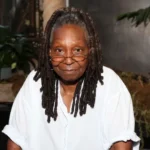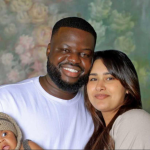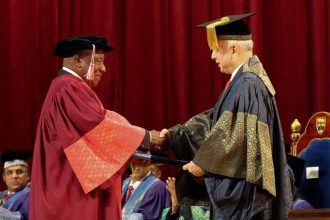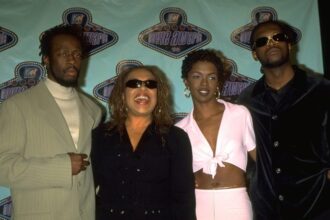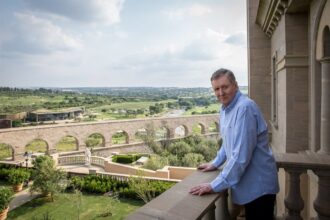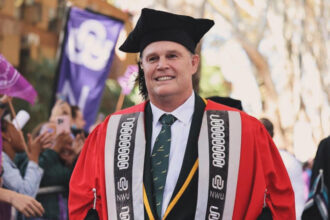In a heartfelt recounting of music, culture, and unity, Whitney Houston’s long-time musical director, Rickey Minor, offers a glimpse into her groundbreaking concerts in post-apartheid South Africa. These performances, held in 1994, symbolized more than just a tour—they were a cultural celebration for a newly liberated nation. Houston’s visit came just months after Nelson Mandela’s election, at a time when the world was watching South Africa take its first steps toward racial unity.
The Emotional Impact on Stage and Behind the Scenes
Houston’s concerts were a transformative experience, especially for Minor, who recalls the emotional atmosphere that gripped both performers and audiences alike. “It wasn’t just a concert; it was an event marking a new era,” Minor reflected. “The love in that space was unlike anything we’d ever seen. Whitney felt it; we all did.” For Whitney, the shows went beyond music—they resonated deeply with her belief in justice and unity, making each song an anthem of hope and resilience.
A Performance for the History Books
The series of concerts took place in Cape Town, Durban, and Johannesburg, drawing tens of thousands who came to witness one of the first global superstars to perform in the newly democratized South Africa. From her iconic “I Will Always Love You” to her powerful rendition of “Greatest Love of All,” Whitney’s voice echoed through the air, bridging gaps and breaking down walls. Minor noted that Whitney’s ability to connect transcended language and race, touching the souls of everyone present.
Houston’s Legacy in South Africa’s Music Scene
Houston’s influence lives on in South Africa, inspiring generations of artists and fans. To this day, her performances are seen as a milestone in the country’s journey to equality. Minor calls it “one of her greatest live achievements,” as she left a lasting impact not only on those who attended but on the broader cultural landscape.

